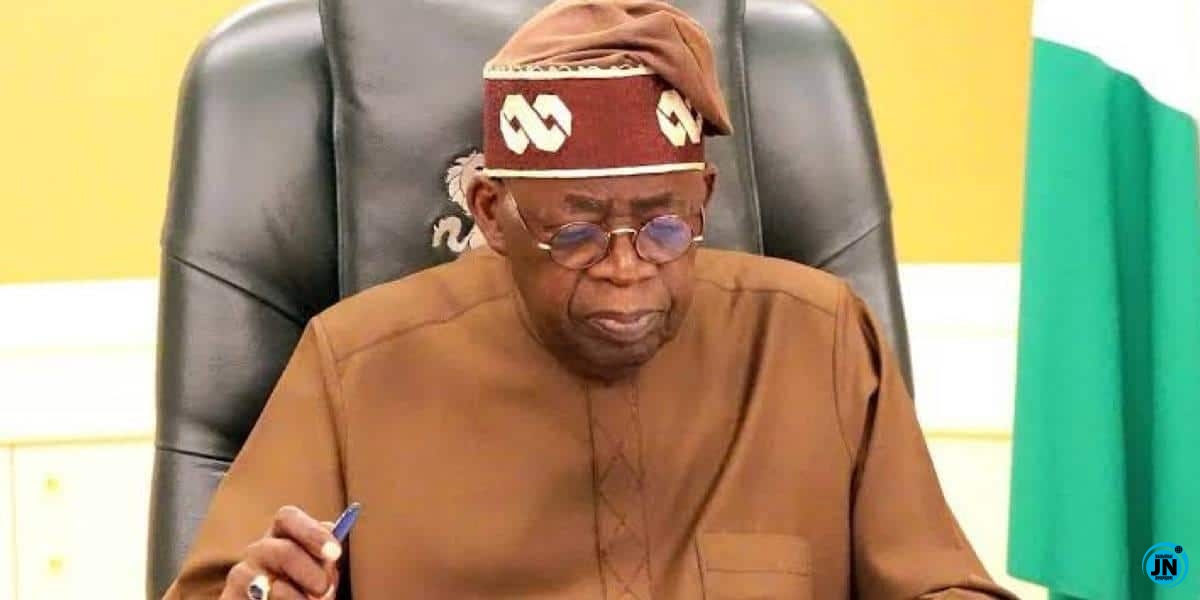
Special Adviser on Media and Information Strategy to President Bola Ahmed Tinubu, Bayo Onanuga, has issued a strong message to Nigerians urging them not to lose hope despite the current economic challenges, assuring that President Bola Ahmed Tinubu’s ongoing economic reforms will soon bring relief and ease the rising cost of living across the nation.
Speaking to journalists during a press briefing in Lagos, Onanuga expressed confidence that the positive effects of the administration’s economic reforms are already beginning to manifest and that Nigerians will soon experience tangible benefits in various sectors throughout the country.
“The President’s tenure began with a clear set of policy directions and a firm commitment to implementation,” Onanuga said. “Since taking office, a lot of reforms have been introduced across multiple sectors. The President has laid down essential fundamentals and frameworks that are critical to ensuring sustained economic growth and development.”
He acknowledged that it has only been two years since Tinubu assumed office, noting that although this is a relatively short period to fully gauge the success of such sweeping reforms, it is important to recognize that policy impacts are typically evaluated over a much longer timeframe, often a decade or more, by economic experts.
Despite the relatively short timeframe, Onanuga emphasized that a fundamental shift has already occurred within the Nigerian economy, reflecting the administration’s efforts to stabilize and grow key sectors.
Onanuga detailed some of the significant challenges the Tinubu administration inherited upon taking office, highlighting the near collapse of the fuel supply system as a particularly critical issue that had severely affected the country’s economy and daily life.
“Prior to the removal of fuel subsidies, fuel shortages were rampant,” he explained. “Many filling stations across the country were unable to supply fuel and kept telling customers ‘no fuel, no fuel.’ The root cause was that the Nigerian National Petroleum Corporation (NNPC) had reached a financial breaking point. It owed suppliers approximately six billion dollars and the government itself owed the NNPC about four trillion naira. This financial strain made it impossible for NNPC to import sufficient fuel, which resulted in many filling stations running dry.”
Addressing public concerns about government borrowing to finance development projects, Onanuga clarified that borrowing is a common and necessary practice worldwide, including in developed countries such as the United States.
“Nigeria is endowed with abundant natural resources that we are actively harnessing, but there isn’t always enough readily available money in the treasury to fund large-scale infrastructure projects,” he said. “Therefore, borrowing is a necessary tool for financing major initiatives such as the construction of coastal highways and other critical infrastructure developments that require substantial capital outlays.”
He further discussed the recent currency devaluation, clarifying that this is a standard economic tool employed globally and not unique to Nigeria.
“Even advanced economies like the United Kingdom and the United States have at times devalued their currencies as part of broader economic strategies,” Onanuga noted. “These are universal economic principles and cannot simply be ignored or reversed because the situation happens to involve Nigeria.”
Onanuga also underscored that the administration’s reforms are designed to open up new economic opportunities even as difficult but necessary decisions are made.
He highlighted the increase in local production and the resulting rise in disposable income, citing examples of multinational companies such as Nestle and Nigerian Breweries, which are now sourcing more inputs locally and reporting healthy profits as a result.
“This economy has opened up numerous avenues of opportunity for Nigerians—those who can seize these opportunities are generating significant income,” he said, mentioning individuals who are successfully profiting from exports such as cocoa and traditional beverages like Zobo.
In closing, Onanuga called for a more balanced and nuanced public perspective on the state of the economy.
“It is unhelpful to continuously push narratives of gloom and doom without providing the full context or acknowledging the positive developments underway,” he stressed. “Our people deserve to see the truth, to understand the context, and to recognize that there is indeed light at the end of the tunnel.”

